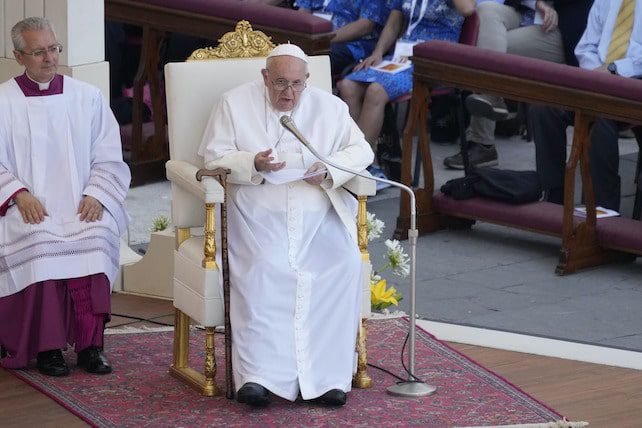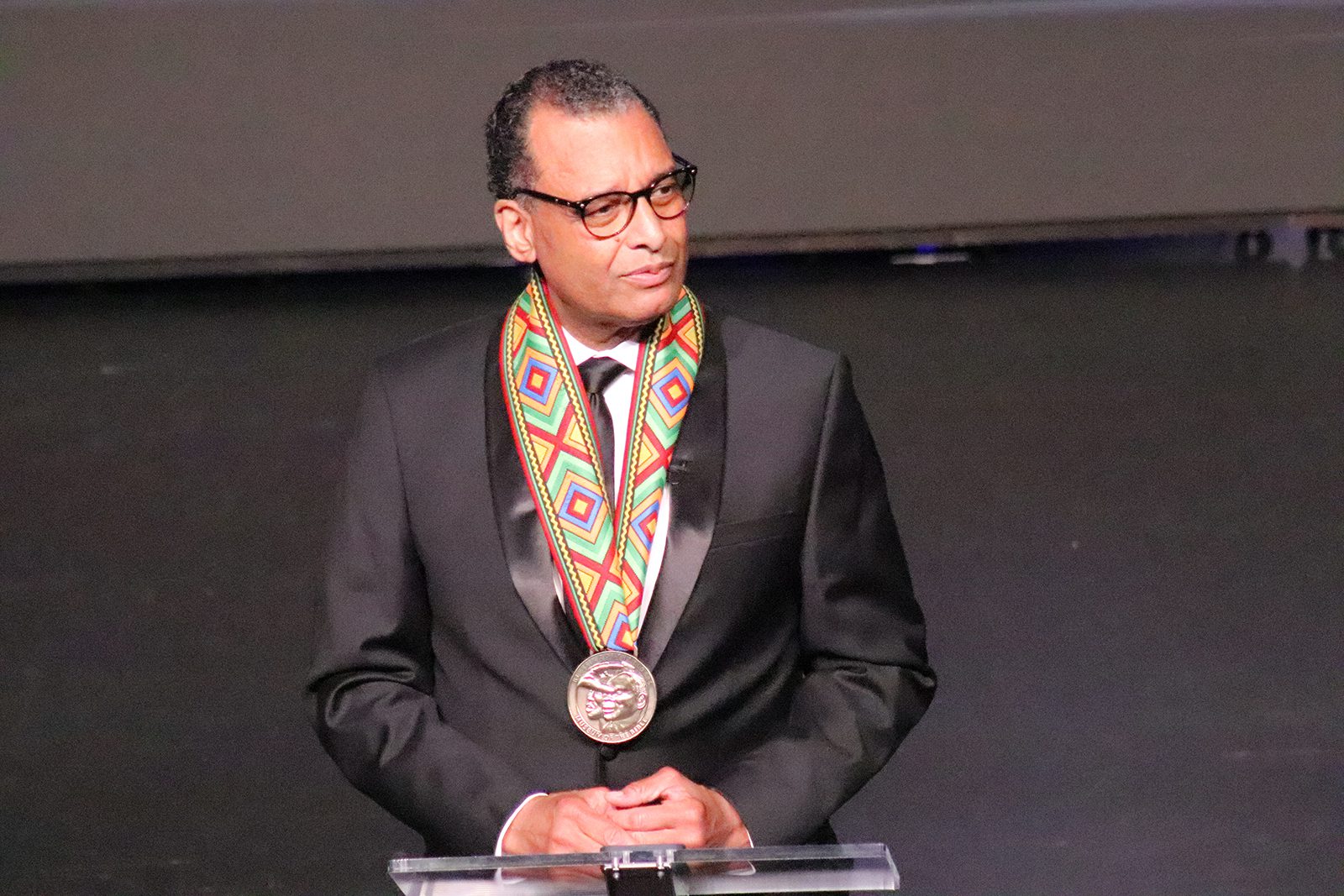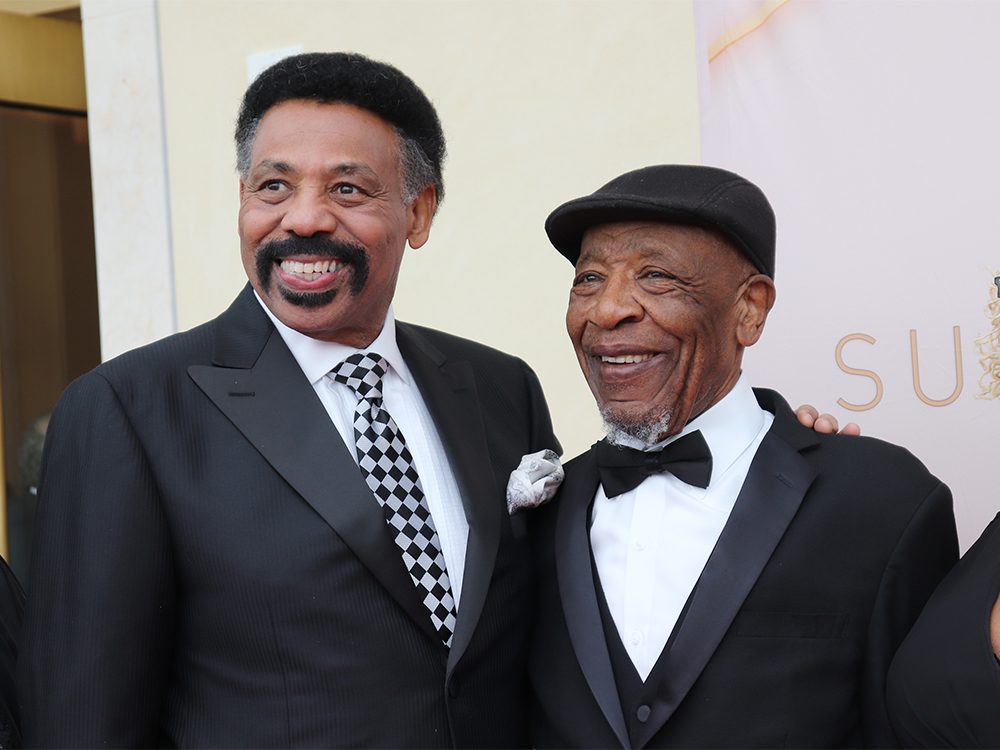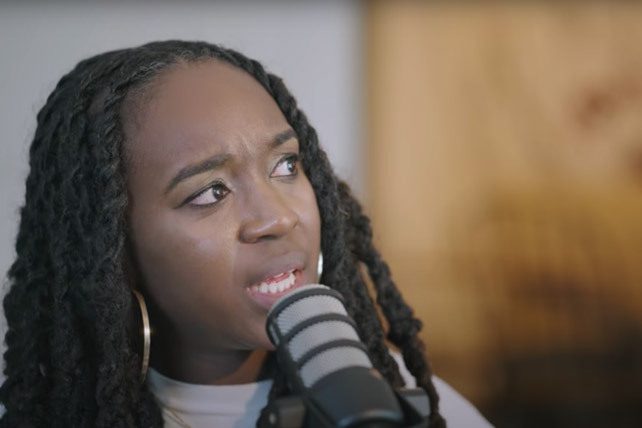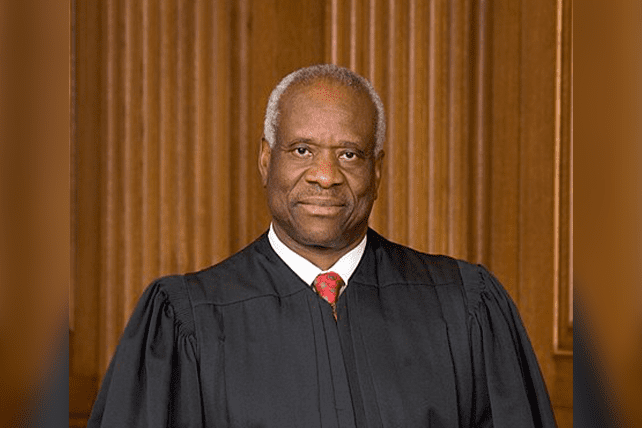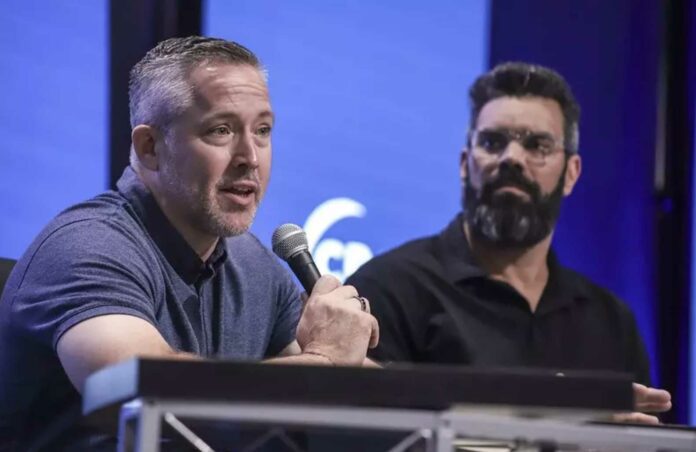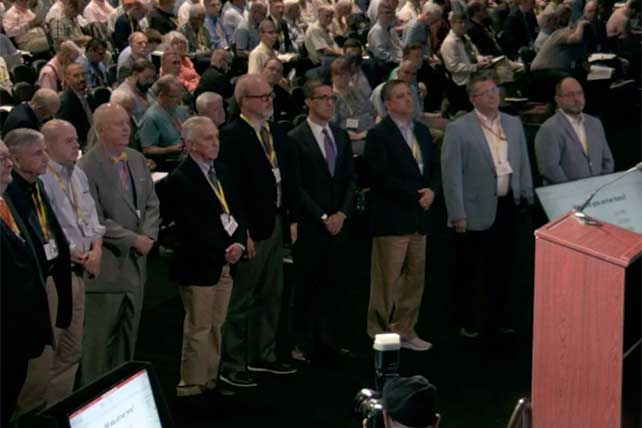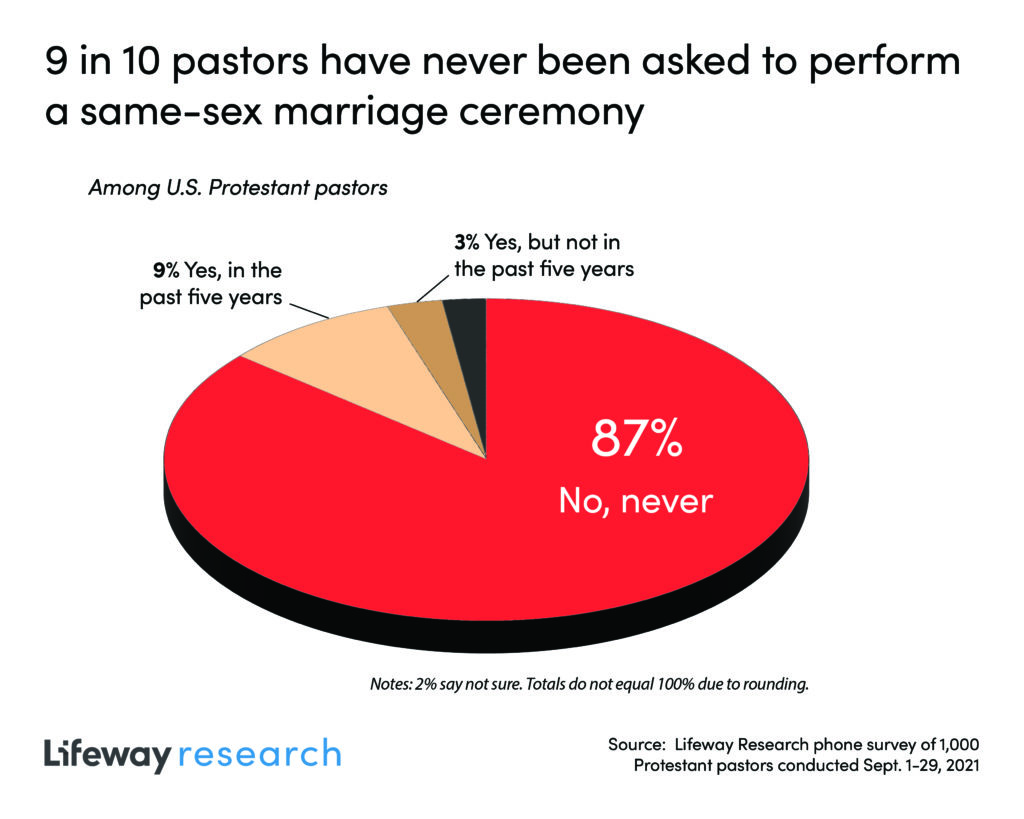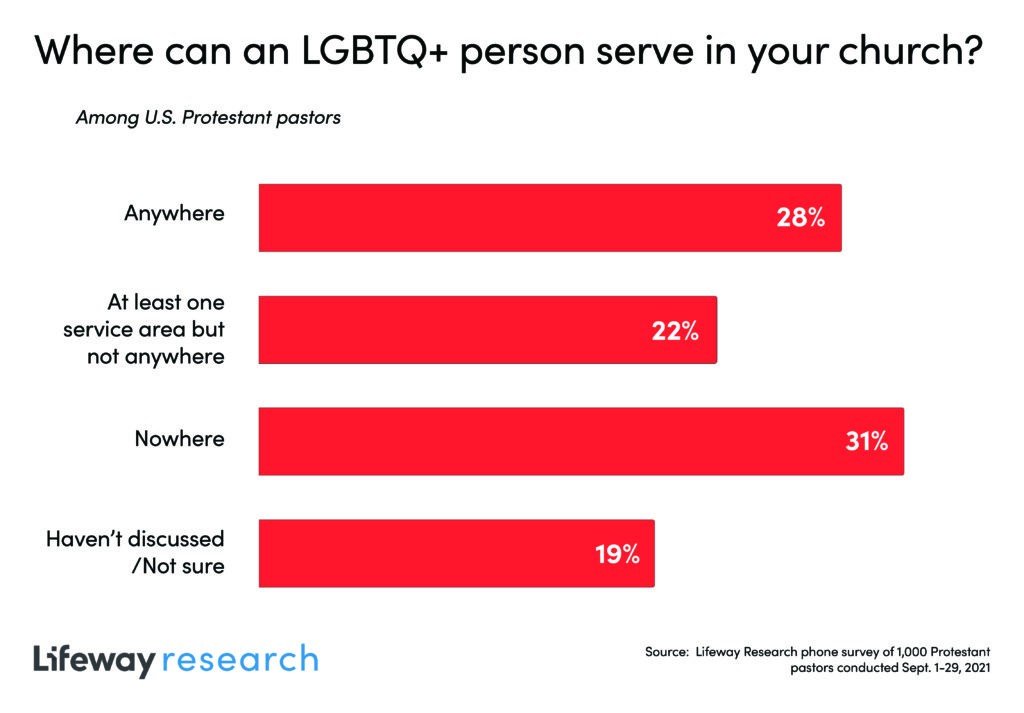Every April, I see an uptick in students and parents who reach out to a gap year. Parents and students alike share the uncertainties about their fall plans—most of which involve college—and are looking to pivot. That’s the norm.
I would not consider this spring normal by any measure.
As initial research by the Art and Science Survey of high school seniors is showing, there are more students who are questioning their college plans.
My experience supports this study. For five years I’ve fielded more calls in April than any other month. This year? It’s spiked. This means more people—parents, youth pastors, mentors—are finding themselves in conversations around this topic.
Here are a few ways to engage a high school senior who is in the throes of the “what’s next” decision.
Throw away the ‘one right path’ idea
As I’ve worked with college students over the past decade, it’s become obvious that somehow many Christian students enter their twenties with this perception that “God’s will” is a tightrope. It’s this narrow, singularly correct path they must follow through life—they’re either on it, or off.
Thus, every fork (read: decision) in the path is a chance to fall out of God’s will. Gripped by fear of disappointing God, decisions have an unwarranted weight of significance.
Jerry Sittser, in his book “The Will of God as a Way of Life,” offers this perspective,
“…the Bible has very little to say about the will of God as a future pathway. Instead, the Bible warns us about anxiety, and presumption concerning the future, assures us that God is in control, and commands us to do the will of God we already know in the present.”
Jesus is much more concerned about our daily posture and actions than our future plans. Once they embrace this idea, students may find a newfound freedom to live out their faith day by day and be a little less anxious about how their lives may or may not unfold.
Encouraging students to accept that they do not need to know how the future will unfold will give them the freedom to live in the present and learn to make decisions from a place of freedom, not control.
Help your student see the falsehood of the narrow path by sharing, or re-sharing, your story of how you navigated post-high school life. Share the “plan” that you had laid out for post-high school and share how it actually unfolded. Make sure to highlight how your life has turned out differently than you originally anticipated and emphasize how you’ve seen God work through it.
In daily faithfulness to Christ, students will find they have an incredible amount of freedom in the choices they do face like where they are heading after high school.
Second guessing the college decision is okay
Encourage the questions that are being asked to make space for the second-guessing and honest conversation.
COVID-19 has introduced incredible changes into the lives of our high school seniors. Completing final last college visits, finalizing applications, and waiting to hear back on financial aid decisions are just a few of the aspects of senior year that are now already inherently different.
However, one of the hidden benefits from this season is time. Our seniors, who were once maxing out their schedules, now have more time than they can fill.
Instead of surrendering time to endless video games and streaming services, encourage seniors to set aside time to determine what is truly important to them in the next stage of life.
Given the circumstances, it would be valuable for students to consider what is truly important to them and take the time to re-think how their next step after high school will help prepare them for the future.
To get the conversation started, I’ve included a few questions I would ask a senior who’s second-guessing his or her fall plans.
- What’s prompting you to rethink your post-high school plans?
How has the pandemic influenced how you’re seeing next fall?
What are you feeling uneasy about?
- When you think about life after high school, what matters most to you?
How do your current fall plans reflect those values?
If they do not, what options out there do reflect those values?
- Are there doors that are opening in your life now that were not there 3 months ago?What are the benefits/negatives of these new options?
What steps can you take to explore the new opportunities?
Explore new options
For the student who may decide that he or she would rather wait a year to college, he or she has a surprising (and growing!) amount of options.
A gap year is a time of experiential learning taken after high school that is used to build professional skills, expand practical experience, and grow personal awareness. There are so many gap year options—to jump start your exploration, I’ve grouped them into three main categories:
Volunteering/Internship – Students gain valuable life experience and perspective as they volunteer or intern at a ministry or non-profit. Often, there is a cross-cultural component as they incorporate travel or are based in overseas and/or developing areas. The volunteering and internship type of gap years can really expand practical experience and build service mindset.
Build Your Own – The more adventurous students out there may opt to design their own experience. This usually includes a mix of travel, volunteer work, and short-term work. It’s takes a highly motivated individual to pull this option off. Not only that, but the price tag can get steep quickly. The benefit? Highly tailored to the student’s interests, passion, and strengths.
Programmed – This is probably the most common type of gap year. Often, the program has a main focus: service, academic preparation, faith formation, leadership development, travel. Participants benefit from the expertise of the organization, a set plan and purpose to the year, and the community that forms as a result of the shared experience.
For those who want to deepen their faith before college or whatever else follows high school, a Christ-centered gap year will help a student build a practiced faith, discover their purpose, and discern their callings.
Final Thought
If your senior is in the boat and feeling anxious about next year, he or she is certainly not alone. As seniors are forced to slow down, confront the uncertainty of the future, and reconsider their options, we have a great opportunity as parents and mentors to speak Truth into their lives and be a part of the conversation as they transition to adulthood and beyond. This could produce untold fruit in their lives as they make decisions in future seasons of life and weigh what really matters.



